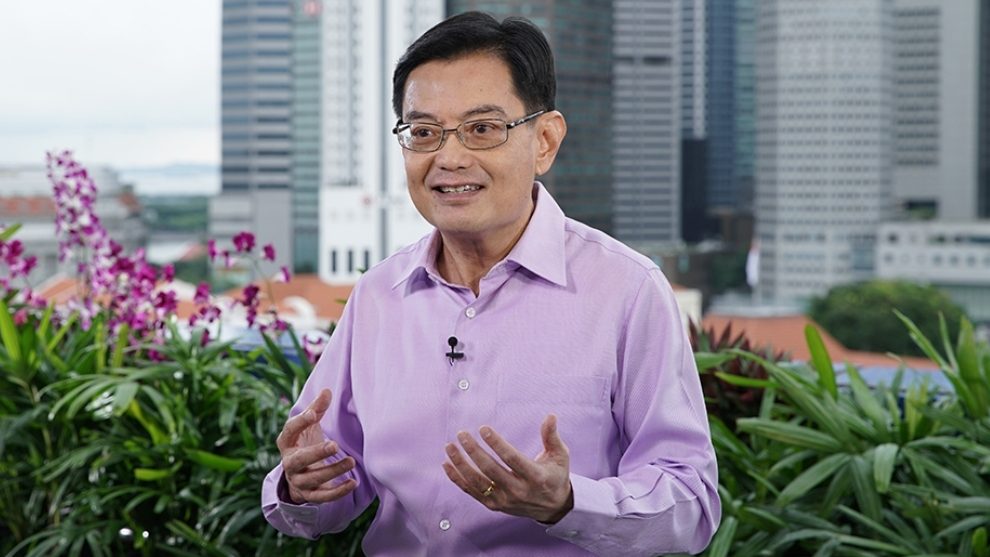SINGAPORE: Deputy Prime Minister Heng Swee Keat revealed that one of the four broad economic directions Singapore will focus on in the coming years is strengthening the country as a base for global companies looking to expand in Asia.
He revealed this when he launched the ‘Transforming the Singapore Economy’ report at the Future Economy Conference and the Company of Good Conference at the Singapore Business Apex Summit today (23 July).
The report reviews Singapore’s economic transformation efforts since 2016 and emphasizes developing and implementing Industry Transformation Maps across 23 key sectors.
These sectors collectively account for nearly 80 per cent of the country’s economy. The report also outlines future directions to sustain and enhance economic performance.
In addition to fortifying Singapore’s position as a base for global expansion into Asia, the report highlights the need to enhance the synergy between Research, Innovation, Enterprise initiatives and broader economic transformation plans.
Supporting workforce upskilling through collaborative tripartite partnerships and advancing environmental sustainability to achieve net-zero targets are also identified as crucial components of the future strategy.
DPM Heng highlighted that Singapore had outperformed many comparable nations over the past seven years, achieving a real value-added growth rate of 2.8 per cent annually and a labour productivity growth rate of 2.1 per cent annually.
He also noted that the median income for full-time Singapore residents has risen by 1.5 per cent per year from 2016 to 2023.
Despite global economic challenges and structural shifts, Mr Heng emphasized that Singapore has successfully maintained its competitive edge, as evidenced by the International Institute for Management Development’s recent ranking of Singapore as the most competitive economy globally.
He added that these transformation efforts have expanded economic opportunities for Singaporean workers, even amidst the disruptions caused by the pandemic, and remain essential for future economic resilience and growth. /TISG

